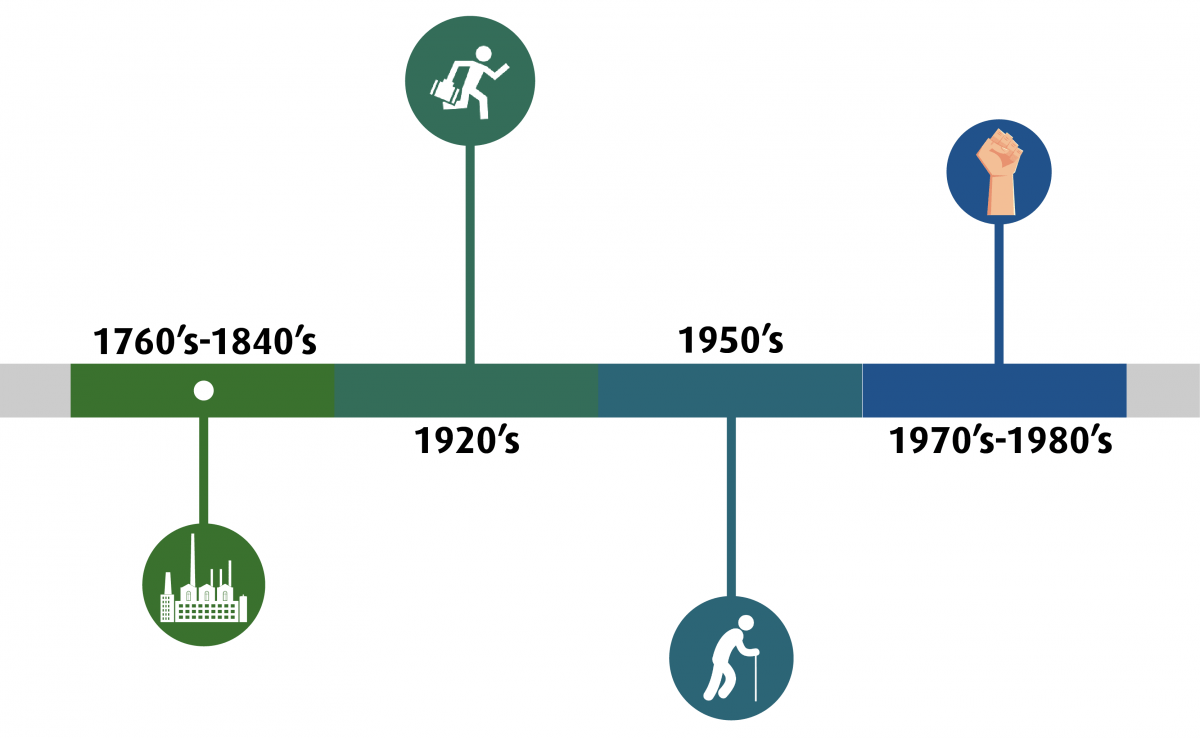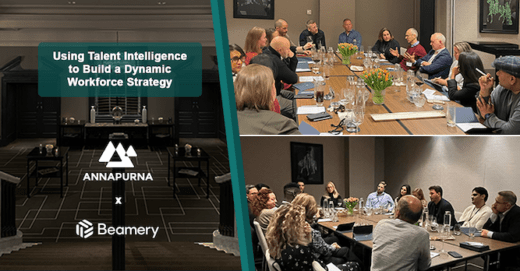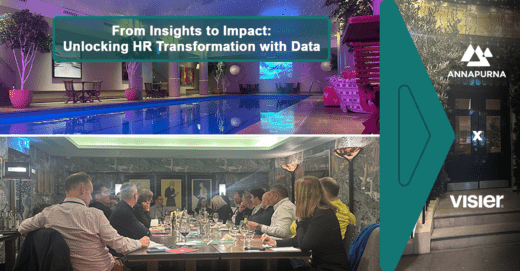I had the pleasure of speaking at DisruptHR London recently, and posed the question – what if people cared about HR?
Personally, I’ve been in denial about ever working in HR. I’ve had many covers for this. First, it was as a strategy consulting specialising in Human Capital, then as Head of Strategy and Talent for a venture backed start-up. For some reason, I would never say that I worked in HR.
So, I started to look into the roots of HR as a profession. It turns out it has done so much, for so many people, despite what people may think. HR suffers as a profession as can be hard to pin down; in large organisations it can seem distant, covering everything from hiring and firing to time sheets. In smaller organisations, it is often a role that is added to another job, whether it be an office manager or assistant. Neither of these are bad in and of themselves, but it creates a perception issue.
Looking back, people really cared about HR during the industrial revolution when it was instituting labour laws to protect factory workers. People really cared about HR after WW1 when it helped people come back into the workforce. People really cared about HR in 1950’s when a 1/3rd of executives died in office so succession planning was invented. In the 1970-80’s people really cared when HR implemented equal rights legislation.

If you ask most people about any of these areas they still really care. As a whole, it is taken for granted that you can turn up to work, be treated fairly, paid on time, and have safe conditions. Companies don’t have a strategic advantage or receive extra recognition for delivering this to their staff.
The question comes, what can be done to make people really care about HR again?
This is taking place against a backdrop of increasing change and uncertainty, from AI and automation, to the rise of contingent labour, HR is operating in a more complex landscape.
So, what is the next big thing for HR? I believe it is moving to a truly individualised provision. This requires two things, one is an advancement in technology, the other is understand people in more detail by moving away from skills towards competencies.
Competencies enable a holistic view of the individual, their motivations, ambitions, skills and more. It is the difference between knowing that someone is a great project manager, and that same person wants to develop to be a programme manager for large scale technology programmes in the public sector. By understanding what people want to do, why they want to do it, and what they can do, you can shape a truly individualised experience.
However, doing this at scale is hard, it requires new technologies which capture more information about people than traditional systems. From their motivations to their interests. Systems need to move away from focusing purely on the being a system of record, to helping individuals and organisations understand themselves better.
People will then be able to find meaningful work, engaging them now and making sure it aligns with their future aspirations. This enables companies to gain a higher level of engagement in their staff, not just now, but for the entire duration of their time at the company. By capturing richer information about staff and work, companies can customise their processes, policies and approach to people management.
Focusing on the individual at this level means that companies can manage talent and strategy as one process, with the same level of rigour.




